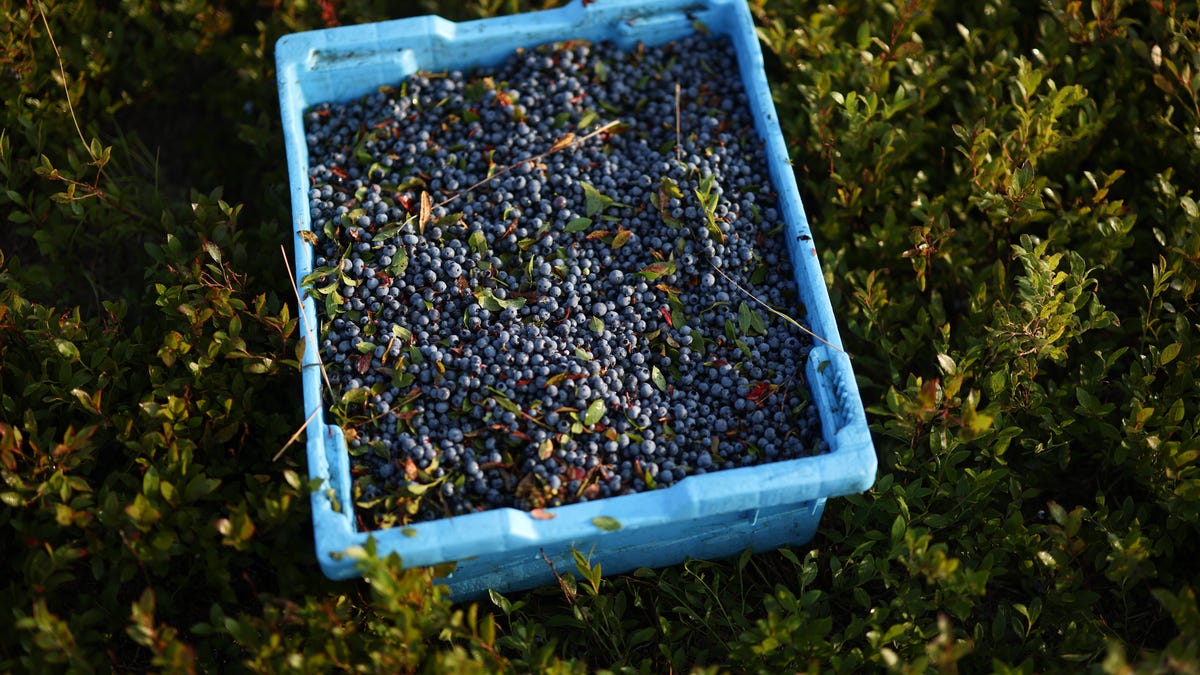We push students toward degrees with high debt and uncertain payoffs, while overlooking a career track that pays them to gain skills the world urgently needs.

Revealed: How Trump’s immigration policy hurts American farmers
Wisconsin dairy farmer, Hans Breitenmoser, explains how ICE raids on migrant workers threaten his livelihood.
Millions of Americans take on crushing debt for graduate degrees in business, law or medicine. Yet, in agriculture, the industry that feeds us, you can go to graduate school for free.
In fact, you can get paid to do it.
Through graduate research assistantships, students at land-grant universities have their tuition waived, receive health insurance and earn salaries while working toward master’s or doctorate degrees in fields such as plant pathology, agronomy and entomology.
These students graduate debt free and are ready for high-demand careers that sustain our food supply, environment and economy.
Farming is a challenging and rewarding career
This opportunity exists because of a promise made more than 160 years ago, one that helped shape the nation. In 1862, in the middle of the Civil War, President Abraham Lincoln signed the Morrill Act, creating America’s land-grant universities.
The goal of these institutions is to ensure the country will always have the experts needed to keep the nation fed, clothed and thriving. In the 1860s, more than half of Americans were farmers. Today, farming employs about 1%, and we face a dangerous shortage of specialists who know how to keep crops healthy.
For much of the past century, the cultural messaging was to “get off the farm” and build a life in the city. Urban careers were seen as more stable and appealing than the hard, uncertain work of farming.
However, in steering people away from agriculture, we might have closed the door on a truly rewarding career path. Now, with many city job sectors slowing their hiring, the promise of endless opportunity in urban centers is no longer guaranteed.
This is the perfect time to put agriculture back on the career map. After all, as the saying goes: “Three times a day, you should thank a farmer.”
Agriculture is constantly changing. Every crop faces a shifting lineup of threats: new pests and diseases arriving through global trade, the rise of pesticide resistance, degrading soil health and extreme weather.
Without trained professionals to respond, these threats can mean smaller harvests, higher prices and greater vulnerability in our food supply.
We overlook agriculture at our own peril
I see this firsthand as a doctoral student in plant pathology at the University of Florida. My research focuses on fungal diseases that attack crops such as watermelon, cucumber, squash and melon.
Florida is the No. 1 state in America for watermelon production. In 2024, farmers there harvested nearly 1 billion pounds of watermelon, valued at $198 million, and this is just one crop in one state.
But when diseases like anthracnose or powdery mildew sweep through fields, yields can plummet, squeezing already thin profit margins as growers face rising costs for fuel, labor and fertilizer.
Plant pathology is the kind of work most people never think about, but it touches every meal we eat. It’s science in action: walking fields, working in greenhouses, running lab tests and looking through the microscope to diagnose pathogens that could devastate farmers’ livelihoods.
At its core, it’s about solving urgent problems under pressure and persisting until you find answers. Those answers keep crops healthy, which in turn means stocked grocery shelves, stable prices and thriving farm communities.
Yet this pathway is nearly invisible. We push students toward degrees with high debt and uncertain payoffs, while overlooking a career track that pays them to gain skills the world urgently needs.
If we want a secure food supply, a resilient environment and a strong rural economy, we need to put agriculture back on the map as a first-choice career. The offer is clear: a paid graduate education, a meaningful career and the chance to help solve some of the most pressing challenges of our time.
The next generation of agricultural leaders is out there. We just need to invite them in.
Amanda McVay is a doctoral student in plant pathology at the University of Florida, where she researches fungal diseases affecting watermelon. She is also the founder of Groundwork Laboratory, a citrus diagnostics business supporting Florida growers.
2025-08-27 10:42:00
